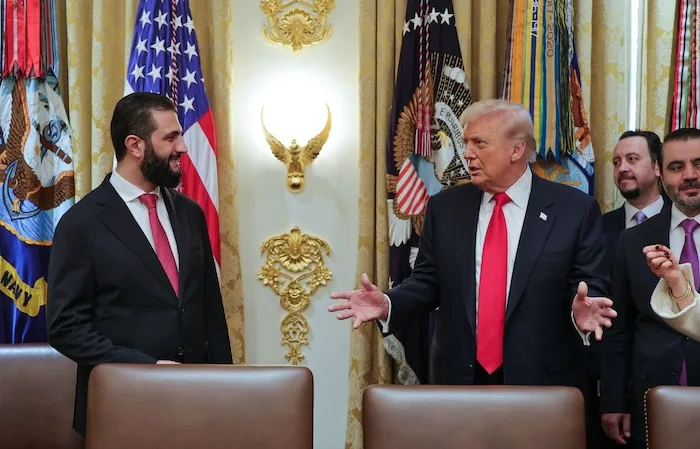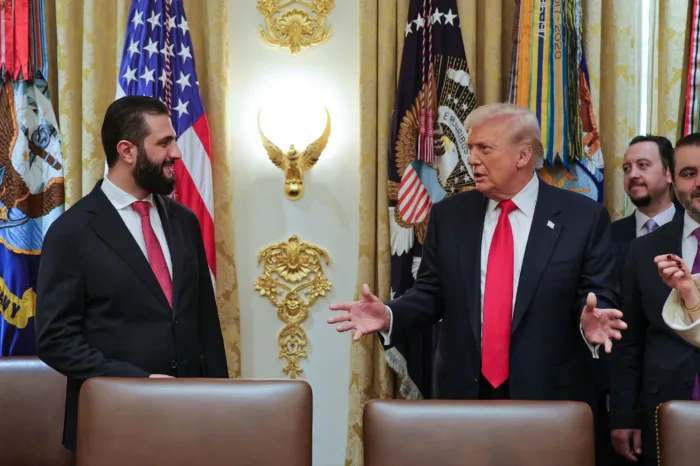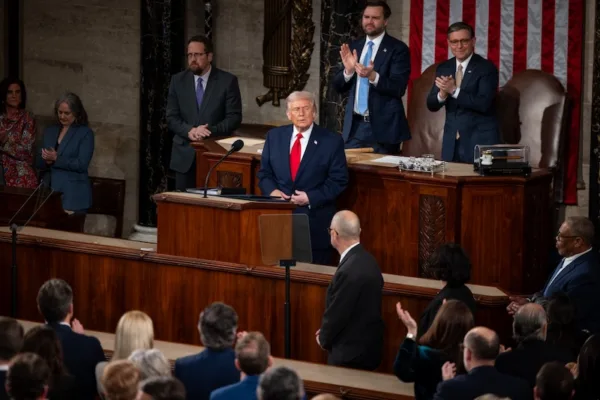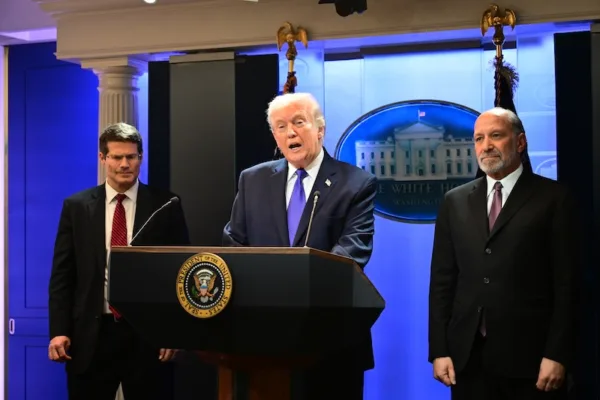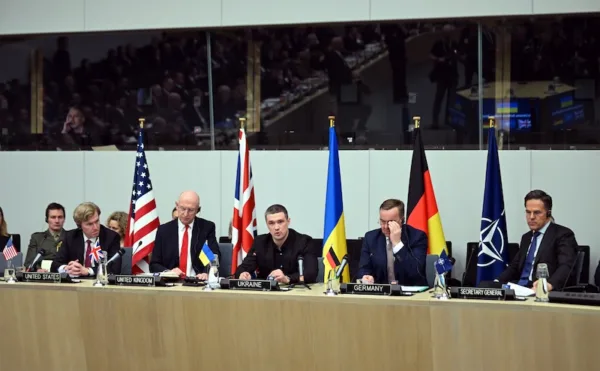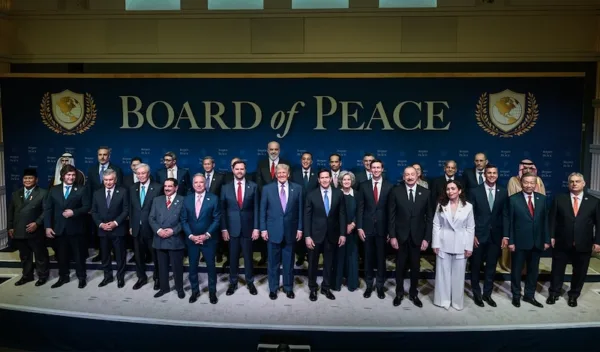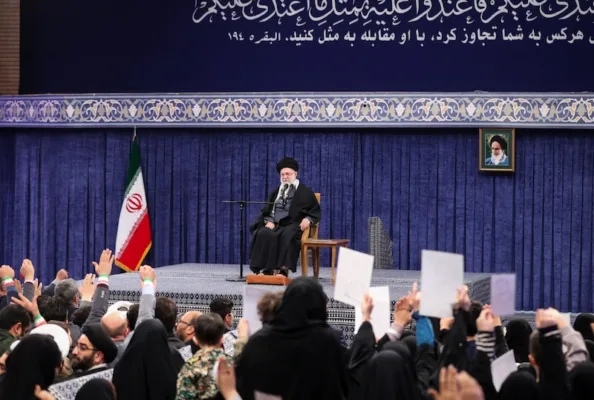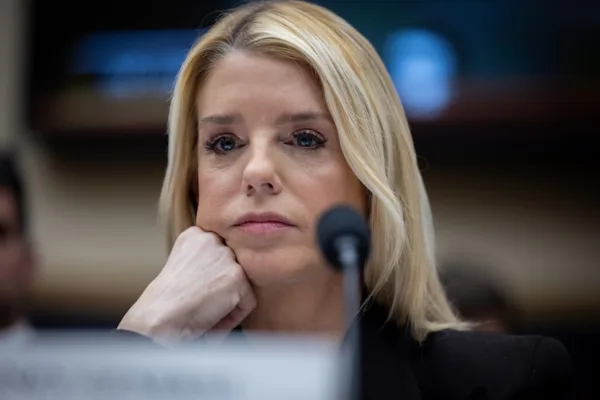US Resettlement Policy Fails Refugees
The United States is on track to have a record low refugee admissions for its resettlement program this fiscal year. Once a global leader in refugee resettlement, the new administration has not only lowered the number the refugee program accepts but has also created more barriers through stricter and more complicated vetting processes. The US should increase its Syrian refugee resettlement numbers to lead the global efforts to help refugees and to assist the most vulnerable persons in the world. Instead, the US is attempting to protect its citizens from the same people the refugees are fleeing from and claiming that refugees and the perpetrators are one in the same. The US has the resources and the means to reach higher refugee admissions, it just needs to rediscover the political will to do so.
President Obama left his presidency with the highest cap for refugee resettlement in years, at 110,000 for fiscal year 2017. President Trump almost immediately after his inauguration through an executive order, lowered the cap to 50,000 refugees for fiscal year 2017 and has since lowered the cap for fiscal year 2018 to 45,000 refugees. Through the rollback on refugee resettlement admissions, the US has also drastically lowered the amount of Syrian refugees admitted to the US. President Trump has cited national security as concern for not only refugees writ large, but more specifically for Syrian refugees. The US decreased its Syrian refugee admission from 12,587 in fiscal year 2016, to 6,557 in fiscal year 2017. As part of the executive orders introduced in 2017, the refugee admissions program was also suspended for 120 days. It was reinstated on October 24, 2017, however refugees from Syria remained banned from entering the US except on a case-by-case basis. Thus far in fiscal year 2018 the US has admitted 44 Syrian refugees. The lower number is in part caused by the extreme vetting policies established per the executive orders Trump issued last year.
Despite the US’s stance on refugee admissions, it is still sending money to assist refugees globally. Since the Syrian conflict began 7 years ago, the US has contributed over 7.5 billion dollars in funding to the Syrian humanitarian response. The funding has been administered through various departments and offices in the US government, including the United States Agency for International Development (USAID) and the US Department of State. The US has also contributed 10 billion to the UN, some of which is used to help programs that target Syrian refugees.
In addition to providing funds, the US announced its end state for Syria in a speech delivered by then Secretary of State Tillerson. During this speech Tillerson stated one of the end goals for remaining in Syria is to ensure Syria becomes a safe place for refugees to freely return to their home country. This signaled a US – Syrian refugee policy that entailed securing the country they fled to promote returning for their own will. However, now that the administration is changing, with Tillerson no longer Secretary of State, and the nomination of Mike Pompeo, the US stance on refugee admission and assistance may change further.
Even though the US is still contributing funds to support the Syrian humanitarian crisis and conditionally accepting Syrian refugees into the country, the US should increase its support. The US should increase support based on the resources available that would allow more of an impact on the Syrian refugee crisis. The US has a stronger infrastructure and financial system than some of the countries who are hosting the largest amount of Syrian refugees. Through increasing its support, the US would assume a larger role in supporting the forefront countries as well, having a positive impact on the Syrian humanitarian crisis.


